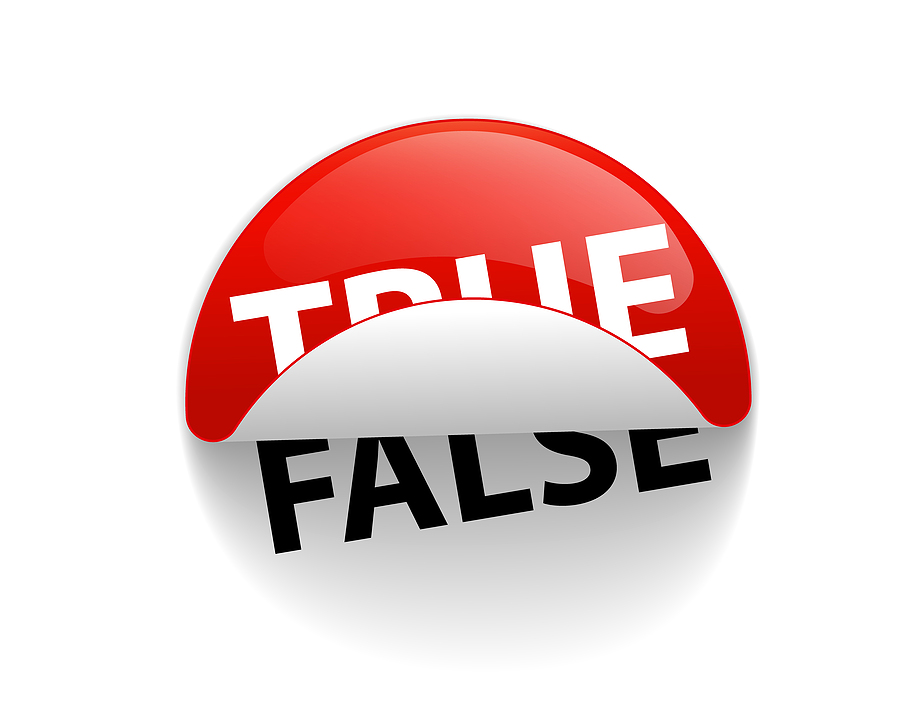Before watching today’s video, I would never have guessed how many languages are spoken on Earth today. Amaze your friends with the answer!
In the midst of the video, Tom Scott makes a point about words that have changed meaning in recent years (before and after the Internet). I thought of a few others: Spam. Follow. Handle. Like. Swipe. Tablet. Text. Virus. And even “Friend.”
Can you think of some?
(If you cannot see the embedded video in your newsletter email, please click the headline and go directly to our site to view it.)



 Testing the Truth
Testing the Truth
That was fascinating!
I never dreamed there were so many languages! We used to do taxi driving to and from an airport, and were hired to pick up a vanload of men from Ukraine who came as temporary workers in the U.S. I asked the only one who spoke English, how many people spoke Russian in his country. He replied, “The old people speak Russian; the young ones speak Ukrainian.” I can see the possibility of a major language disappearing eventually in that case.
Roberta, I was in Ukraine in 2006. We were told that taking back the Ukrainian language was part of their country’s desire to have their own national identity, separate from Russia’s. So yes, I would expect the younger folks to speak Ukrainian. Interesting to hear this validated by the man with whom you spoke. Thanks!
How interesting. I recently worked on a new edition of a public domain manuscript for children. One of my tasks was adding a gloss to the page for words that are no longer in a dictionary (in the event you need to look up the meaning) or have changed meanings, which would change the meaning of the sentence being read. For example: “faggot” in the 1870 original meant a bundle of sticks. Today it is a disparaging term for a gay man. Using the wrong meaning of those two would surely change the nature of the book being read.
Oh, wow! I love that word in Icelandic for the wind that comes in through the window. So cool!
mouse, chip, truth
He touches on this briefly, but there are also languages that get created. For example, Nicaraguan Sign Language was created in the 1980s by children, and is one of the languages modern enough that linguists were actually able to observe its birth and evolution in real time.
https://en.wikipedia.org/wiki/Nicaraguan_Sign_Language
Cool stuff!
Tweet
Speaking of words that have changed meaning, Leonard Sweet in his book Viral, identifies a generational difference between (older) people for whom “text” was always a noun and (younger) people for whom “text” is a verb.
How interesting! Thanks for sharing!